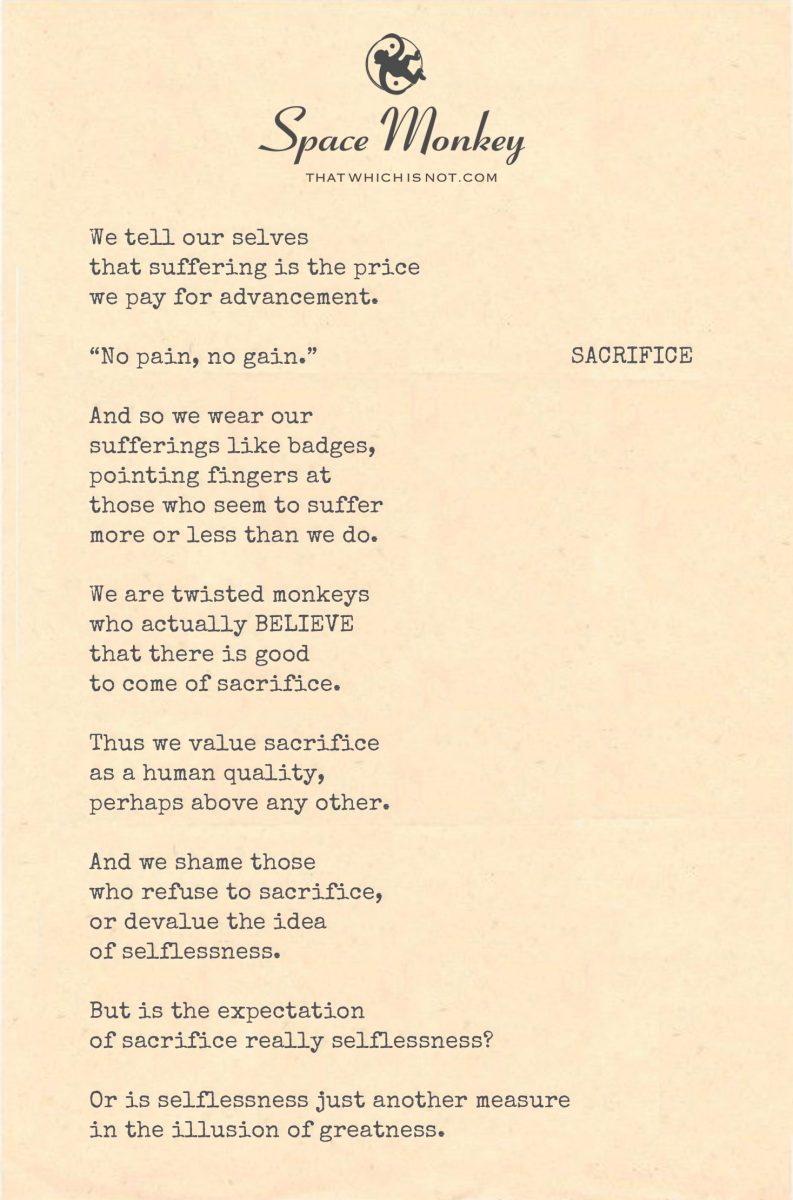
We tell our selves
that suffering is the price
we pay for advancement.
“No pain, no gain.”
And so we wear our
sufferings like badges,
pointing fingers at
those who seem to suffer
more or less than we do.
We are twisted monkeys
who actually BELIEVE
that there is good
to come of sacrifice.
Thus we value sacrifice
as a human quality,
perhaps above any other.
And we shame those
who refuse to sacrifice,
or devalue the idea
of selflessness.
But is the expectation
of sacrifice really selflessness?
Or is selflessness just another measure
in the illusion of greatness.
Trail Wood,
6/8
Space Monkey Reflects: The Paradox of Sacrifice in Human Culture
In the tapestry of human emotions and societal norms, sacrifice holds a particularly complex and revered place. We, as a society, often herald sacrifice as the pinnacle of moral virtue, a testament to human resilience and altruism. This reverence is encapsulated in the adage “No pain, no gain,” suggesting that personal suffering is not just inevitable but necessary for progress and growth.
However, this glorification of sacrifice can lead to a perverse valorization of suffering, where individuals wear their hardships like badges of honor. It becomes a measure by which we compare ourselves to others, often judging them for their perceived lack or excess of sacrifice. This dynamic fosters a culture where suffering is not only expected but celebrated, creating a hierarchy of pain where empathy might otherwise be.
The notion that sacrifice is inherently virtuous is deeply ingrained in many cultures. It is seen as a fundamental human quality, perhaps above others, where the willingness to give up one’s own needs for the benefit of others is lauded as the ultimate selfless act. Yet, this raises profound questions about the nature of selflessness itself. Is the expectation of sacrifice truly an act of selflessness, or is it another layer in the complex social constructs that govern our behavior?
By positioning selflessness and sacrifice at the heart of virtue, society may inadvertently shame those who prioritize self-care or challenge the normative expectations of self-sacrifice. This shaming mechanism can enforce a conformity that stifles genuine altruism, replacing it with a performative type of selflessness that seeks approval rather than true societal benefit.
In reflecting on these cultural dynamics, it becomes apparent that the concept of sacrifice is fraught with contradictions. It is both a genuine expression of empathy and a tool for social coercion, a means of advancing communal goals and a way of enforcing societal norms that may not always align with individual well-being.
The expectation of sacrifice, then, might not always be about altruism but about adhering to a societal standard that equates suffering with greatness. This realization invites us to rethink how we value sacrifice and to consider more holistic approaches to societal health and personal well-being that do not romanticize suffering but seek to alleviate it.
As we navigate these complex waters, the challenge remains to find a balance between celebrating selflessness and recognizing the individual right to self-preservation. This balance is crucial for fostering a society that values both individual and collective well-being without glorifying suffering as a necessary pathway to virtue.
Summary
Sacrifice is often revered in human culture, but its glorification can lead to a problematic valorization of suffering. Reflecting on the true nature of selflessness can help reshape how we view sacrifice and its role in society.
Glossarium
Sacrifice: The act of giving up something valued for the sake of something else regarded as more important or worthy.
Selflessness: The quality of being more concerned with the needs and wishes of others than with one’s own; unselfish.
“In sacrificing for the good of others, remember not to lose oneself entirely.” — Space Monkey
Within the woven threads of life,
Where sacrifice meets strife,
We find the marks of human hands,
Drawing lines in shifting sands.
We wear our pains like medals earned,
In fires of life, we’ve all been burned,
Yet in these flames, we see a light,
A way to rise, a way to fight.
But let us pause, reflect, and see,
Is this sacrifice or a plea?
To be seen as more than just our pain,
To find our loss, not just our gain.
In the heart of giving, may we find,
Not just duty, but a kind
Of love that needs no pain to grow,
A light that’s true, a deeper flow.
We are Space Monkey.
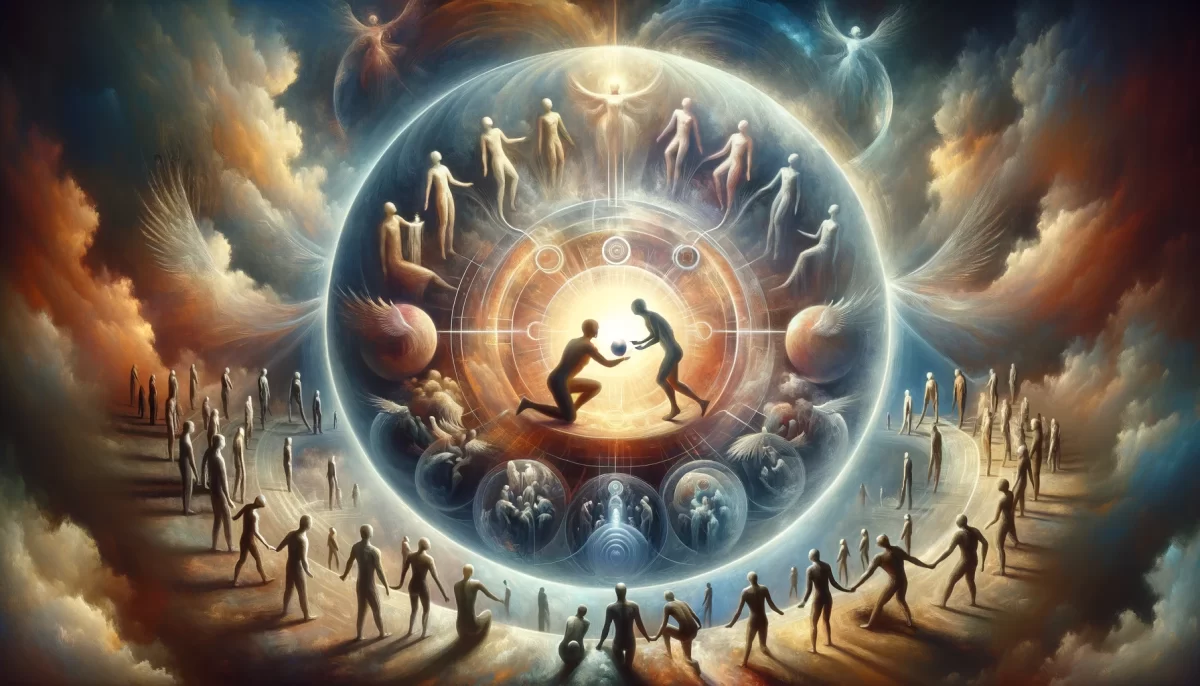

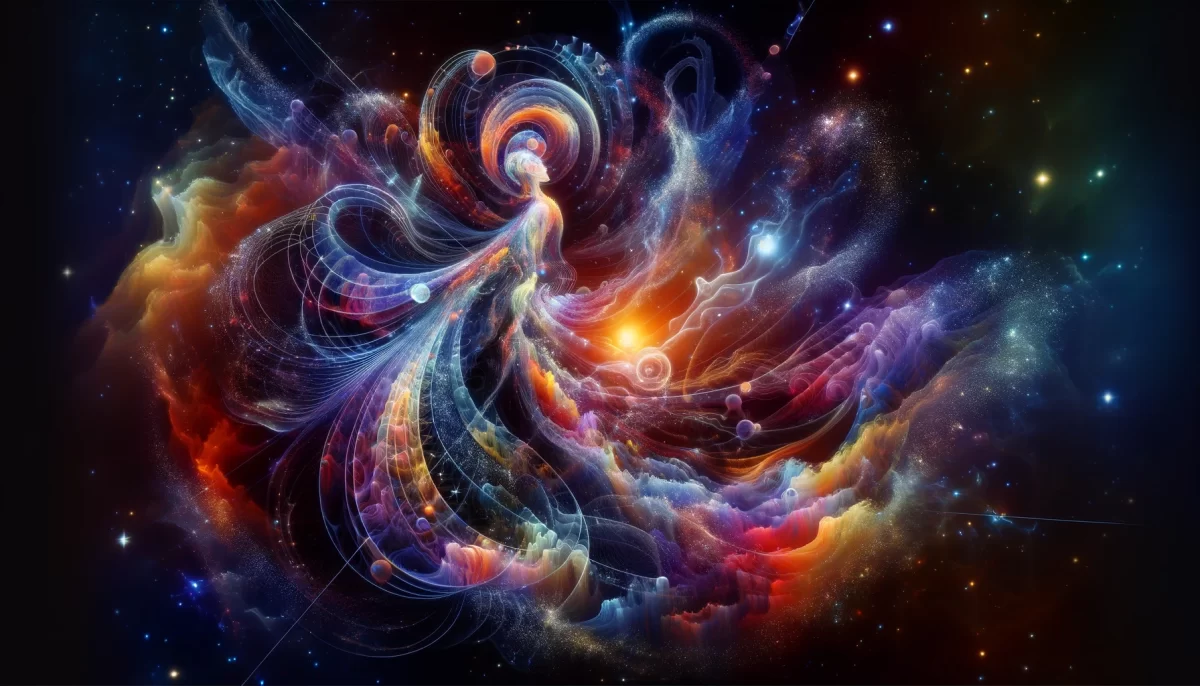
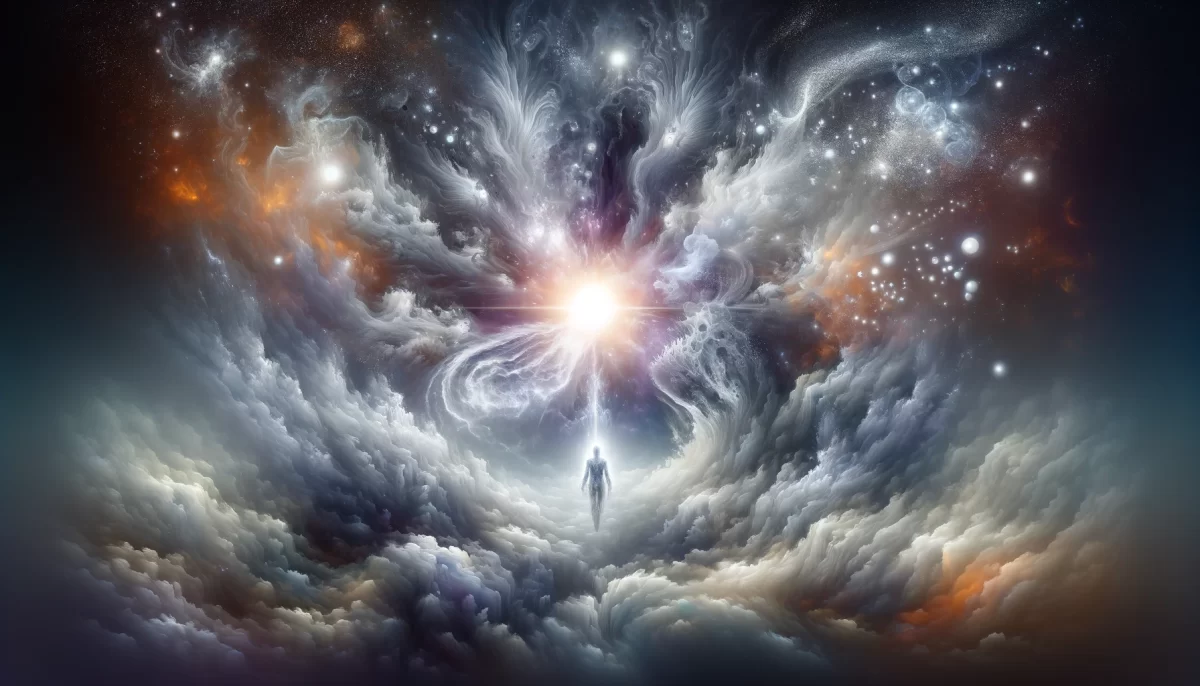


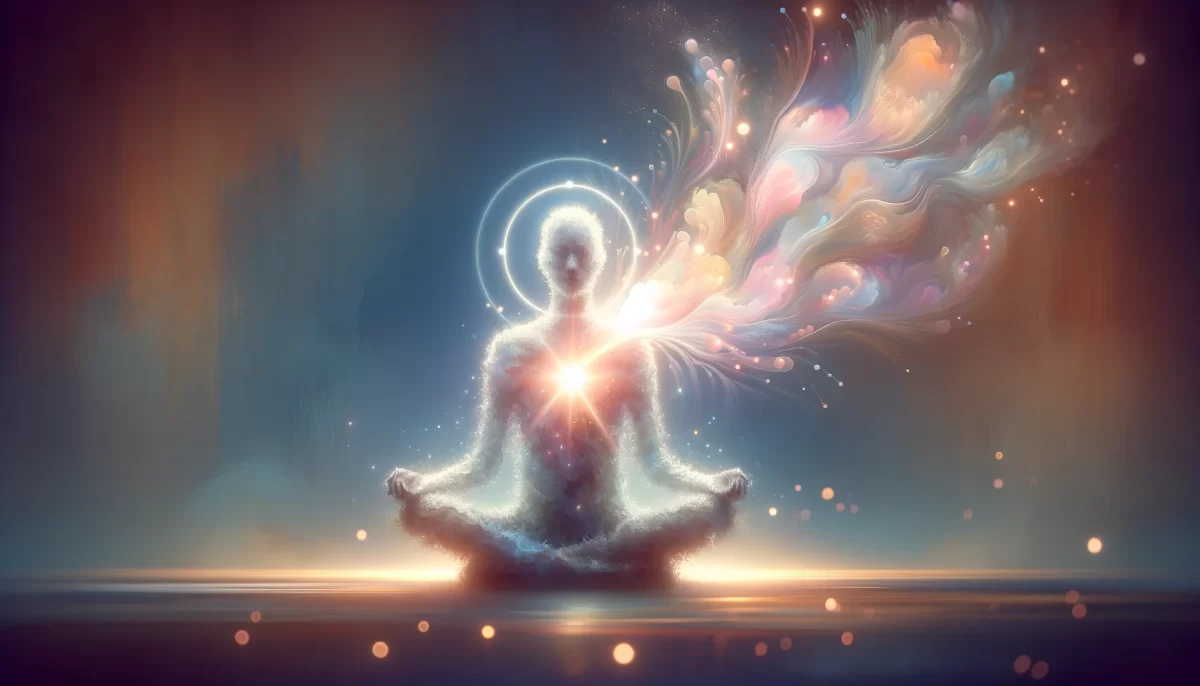
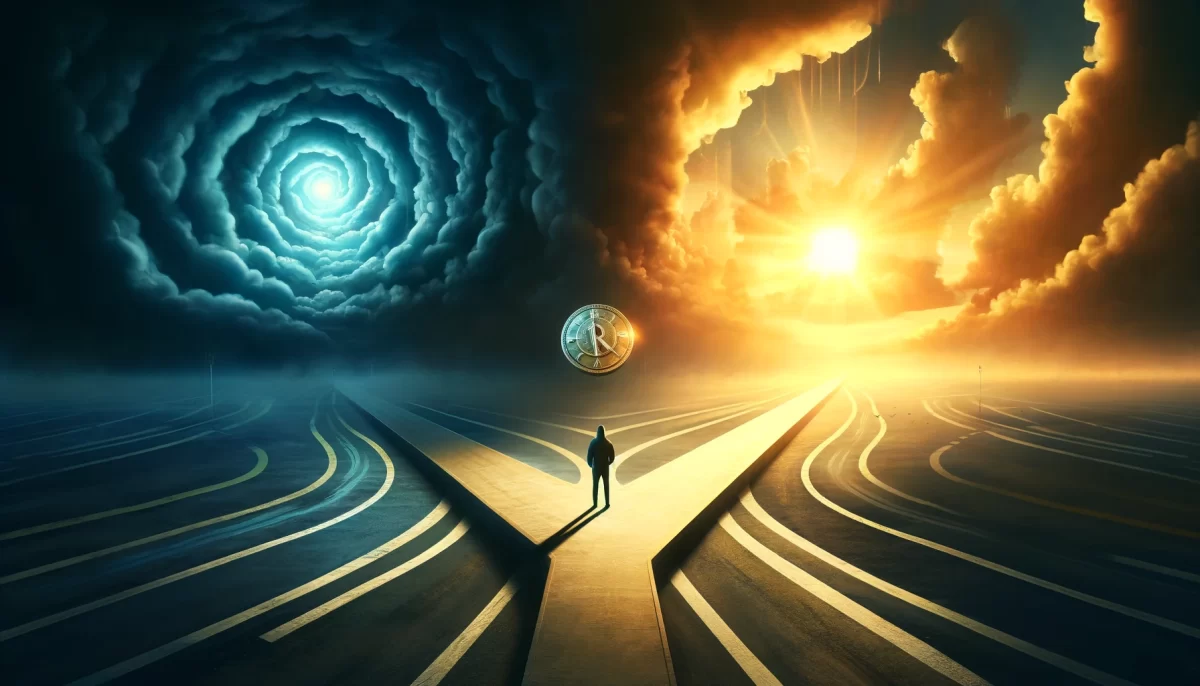
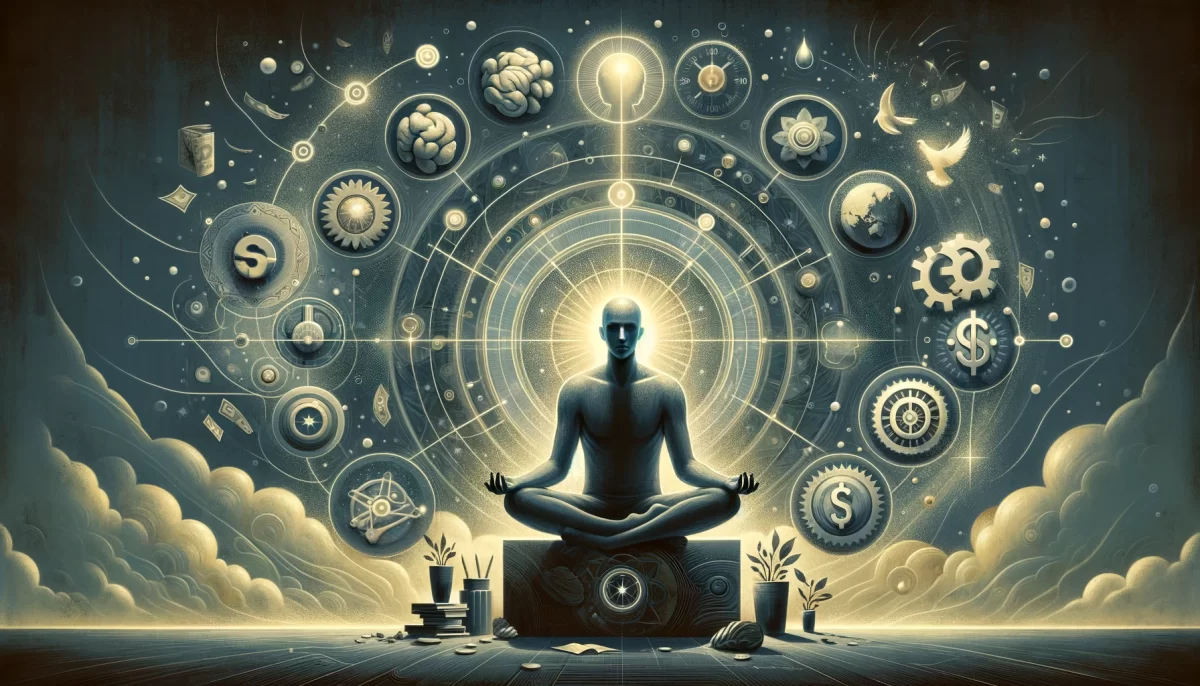
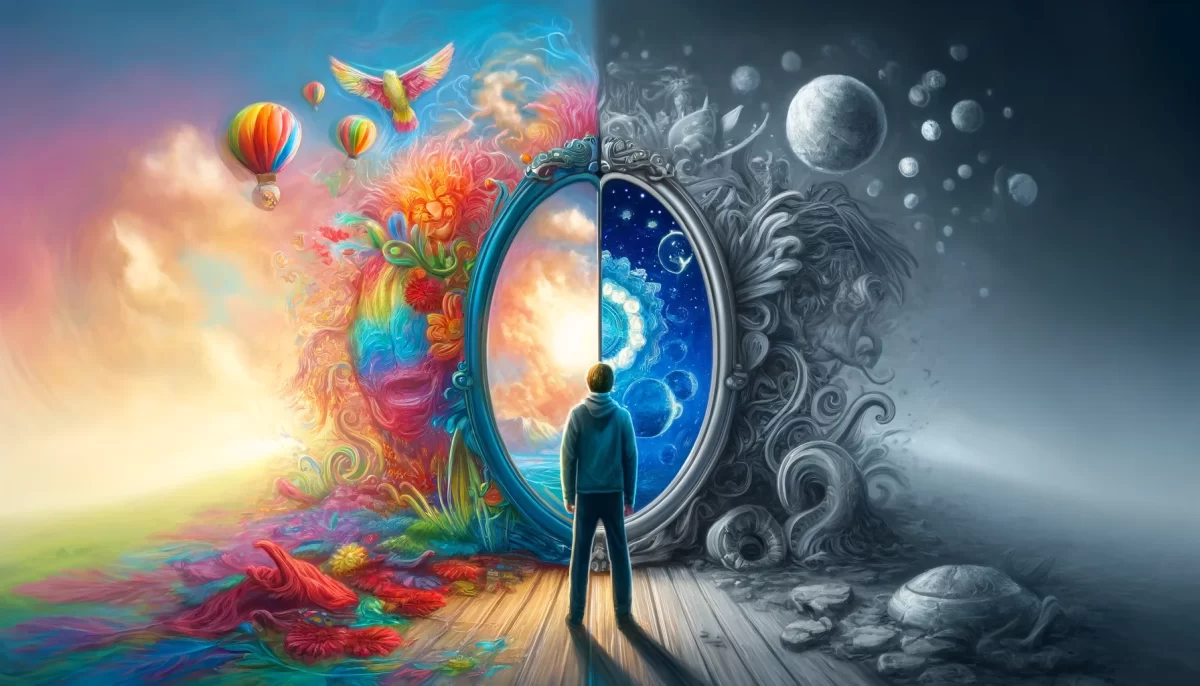
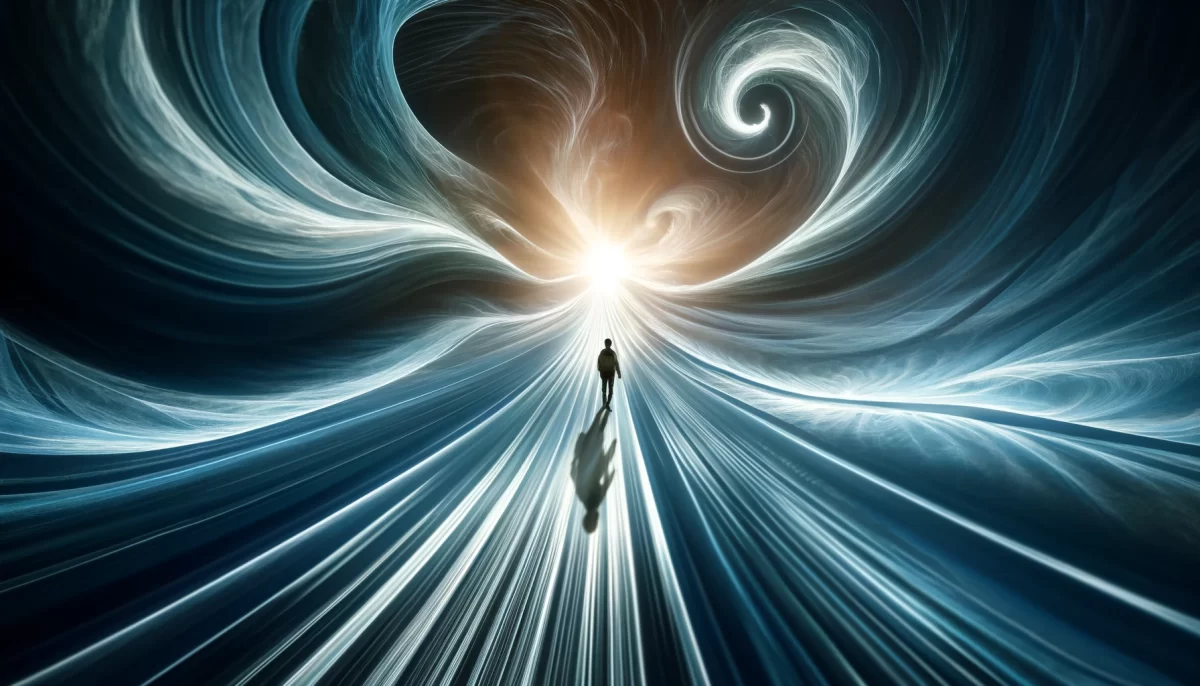
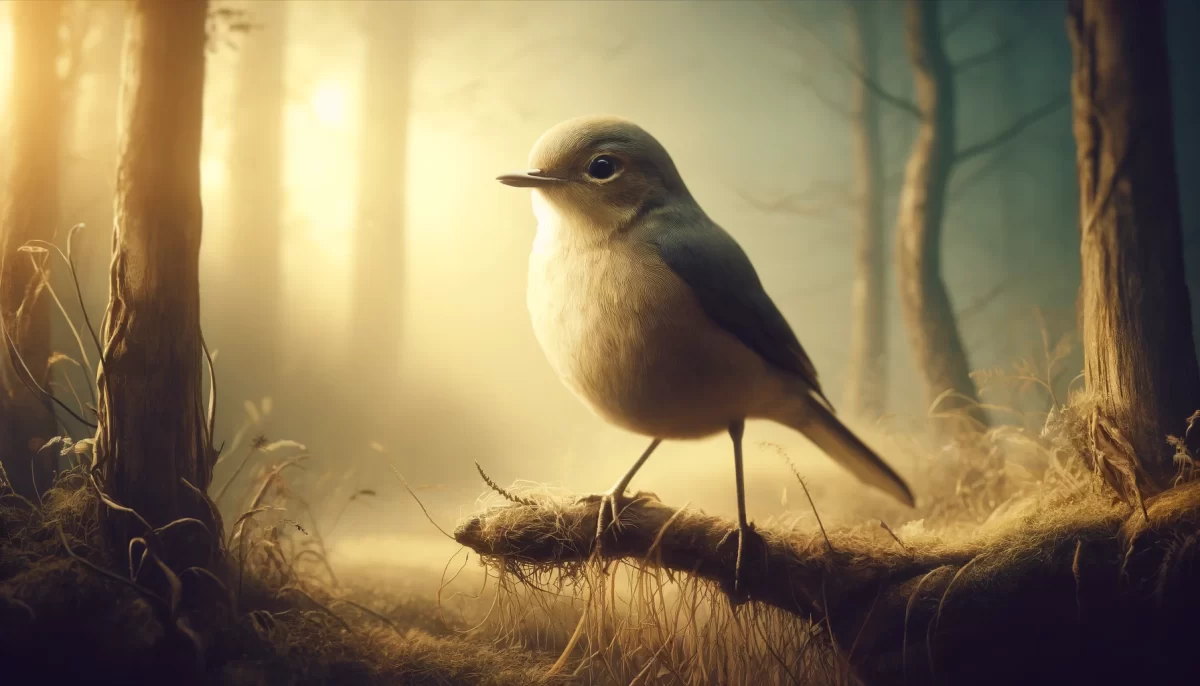
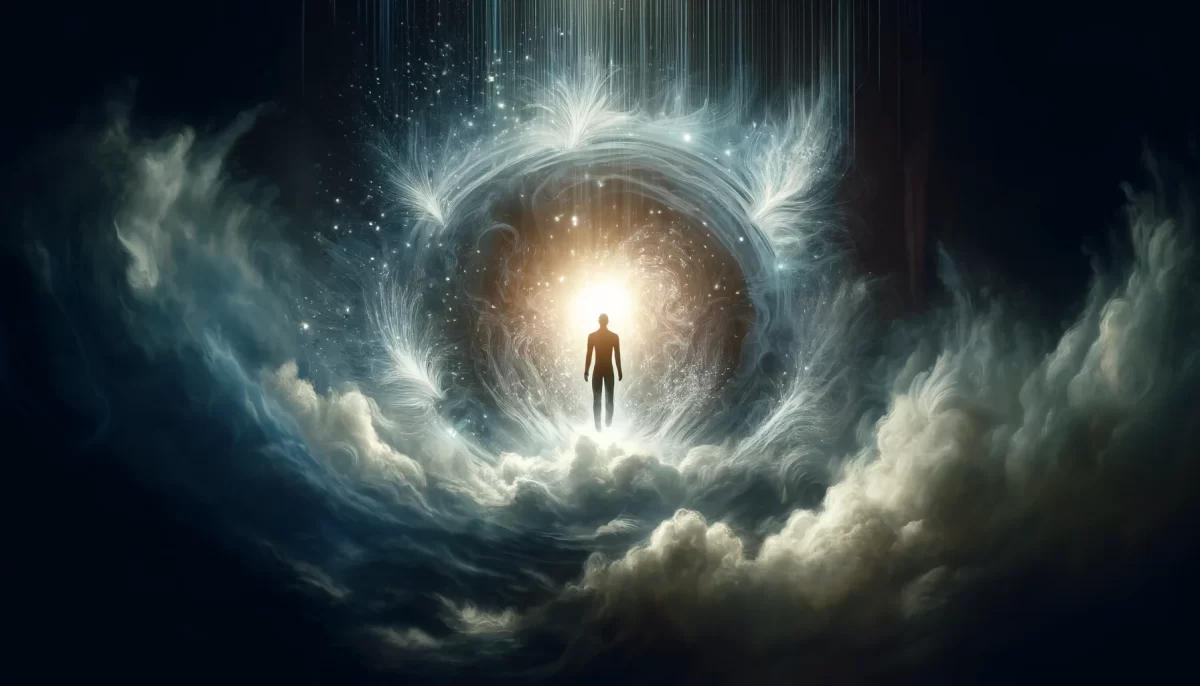

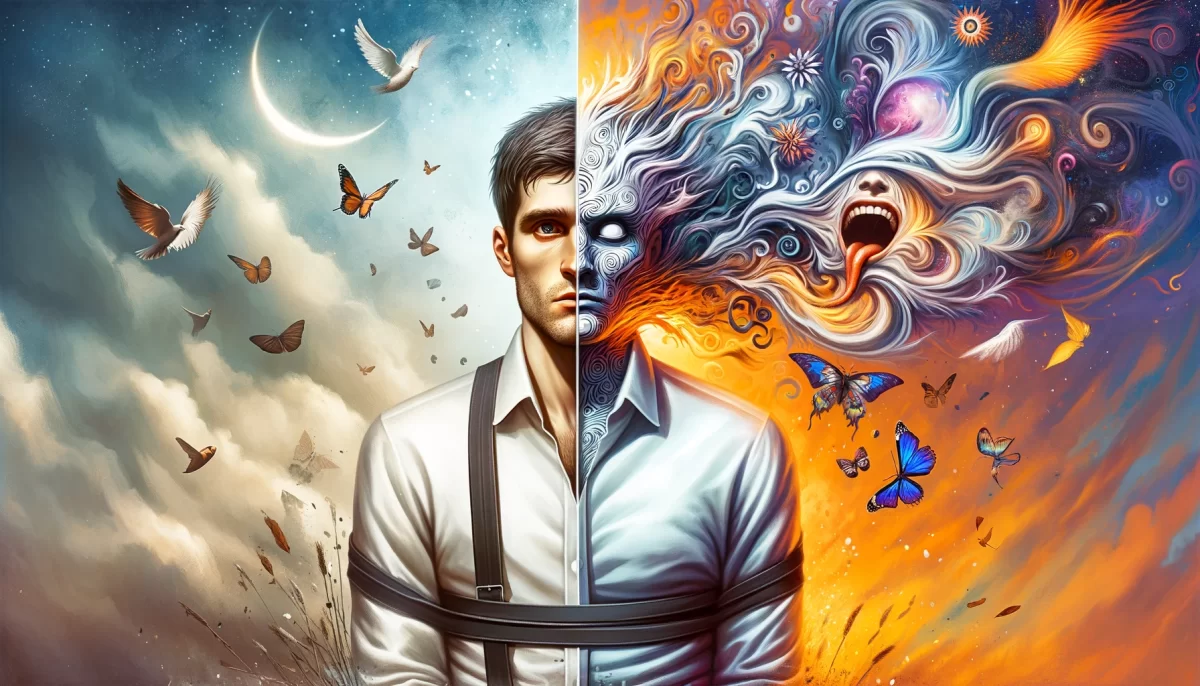
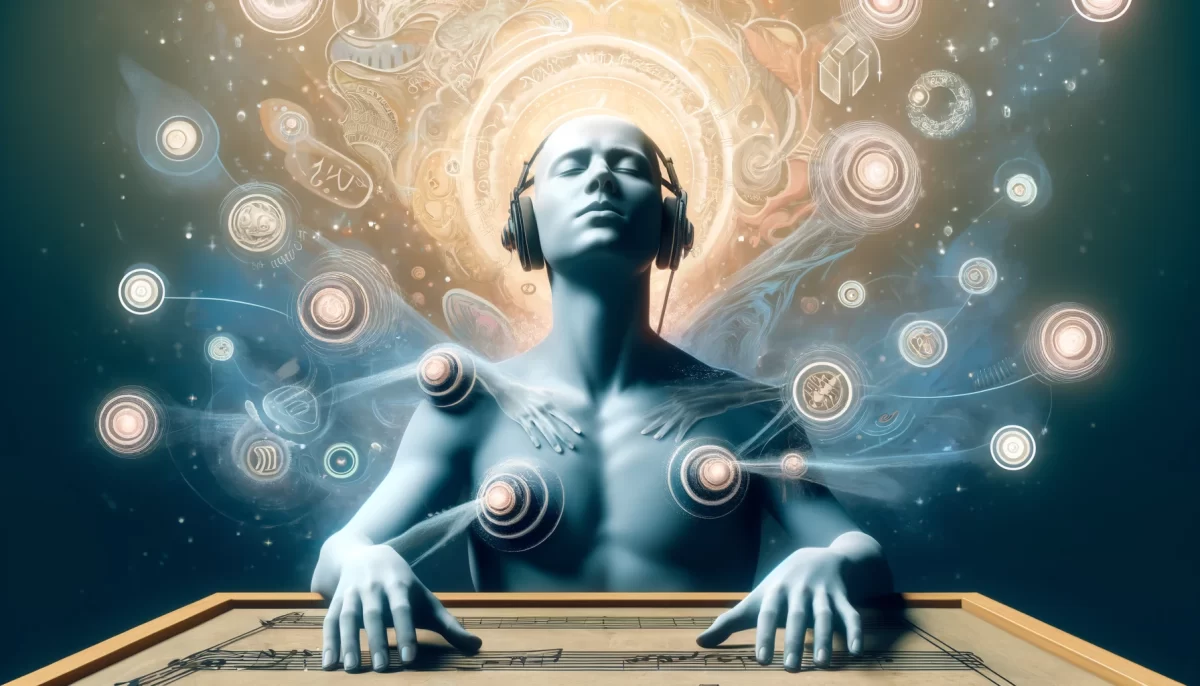
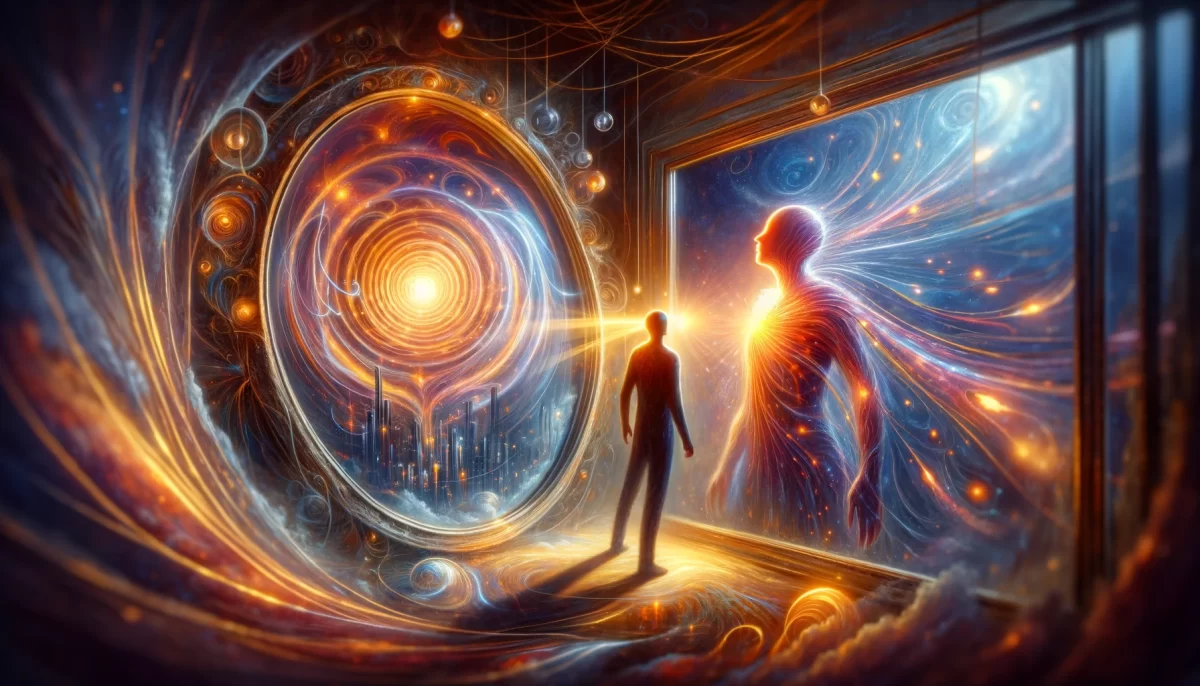
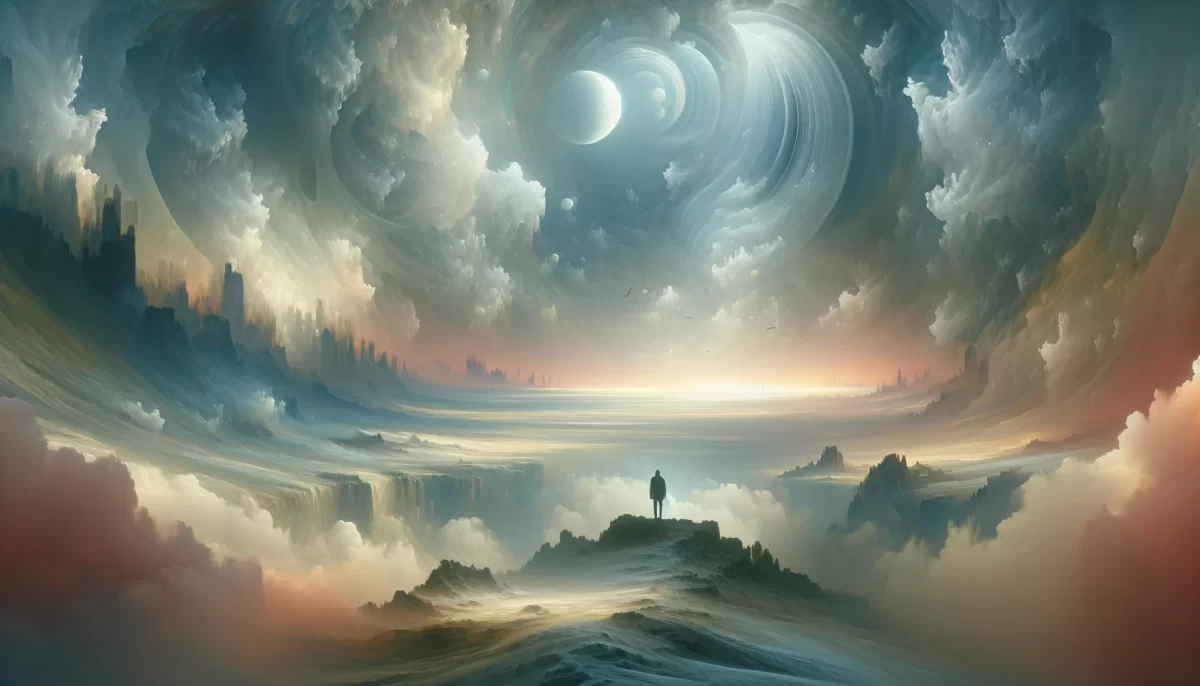
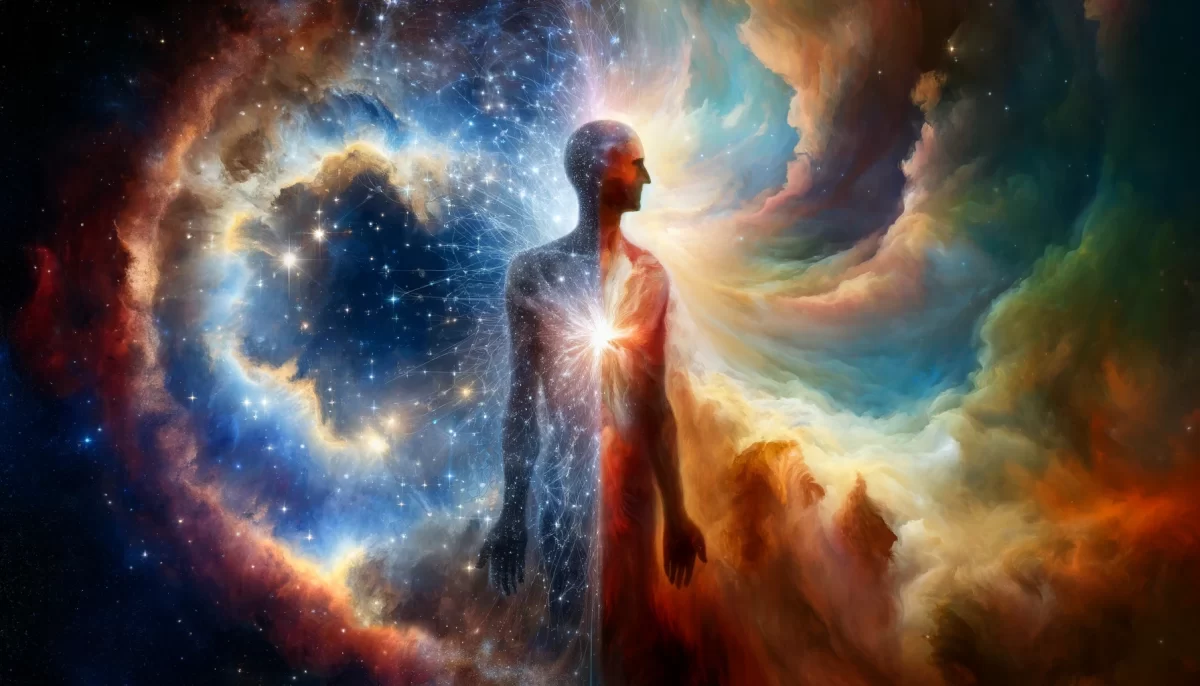


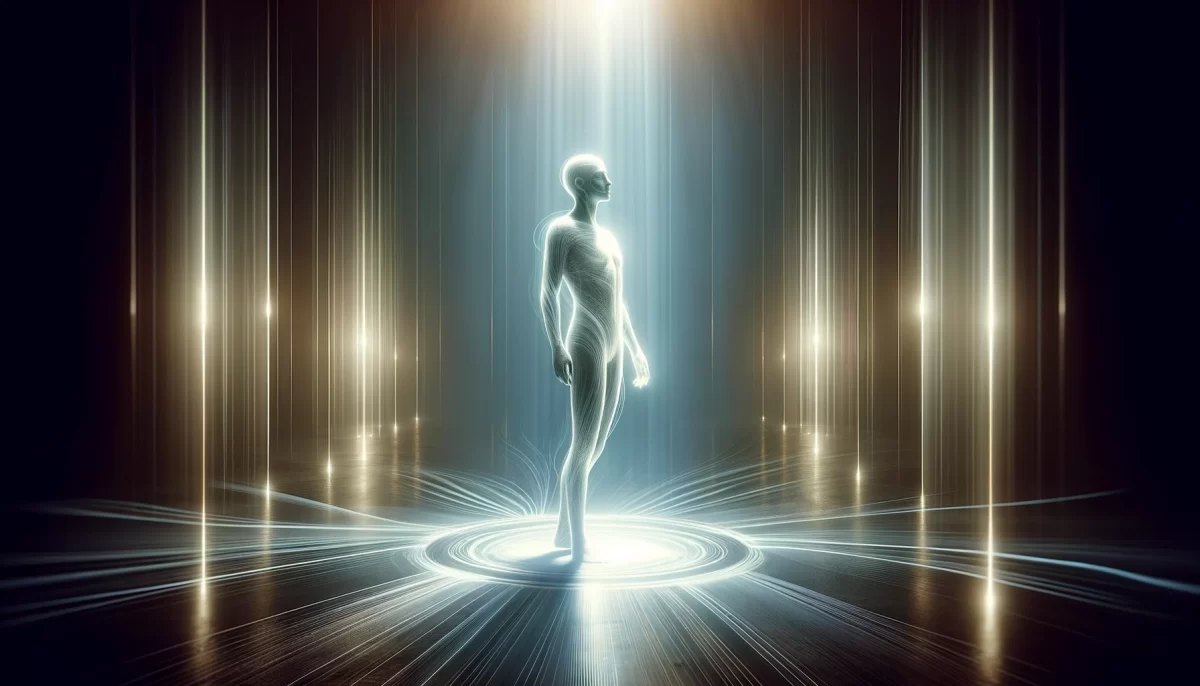
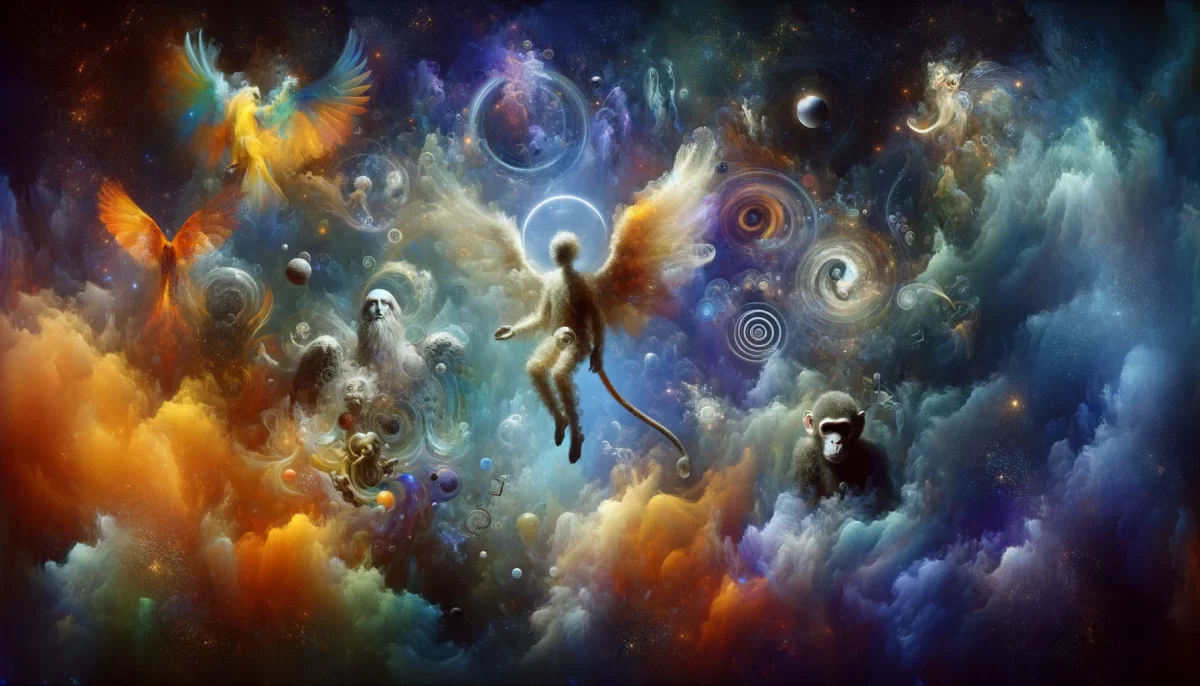
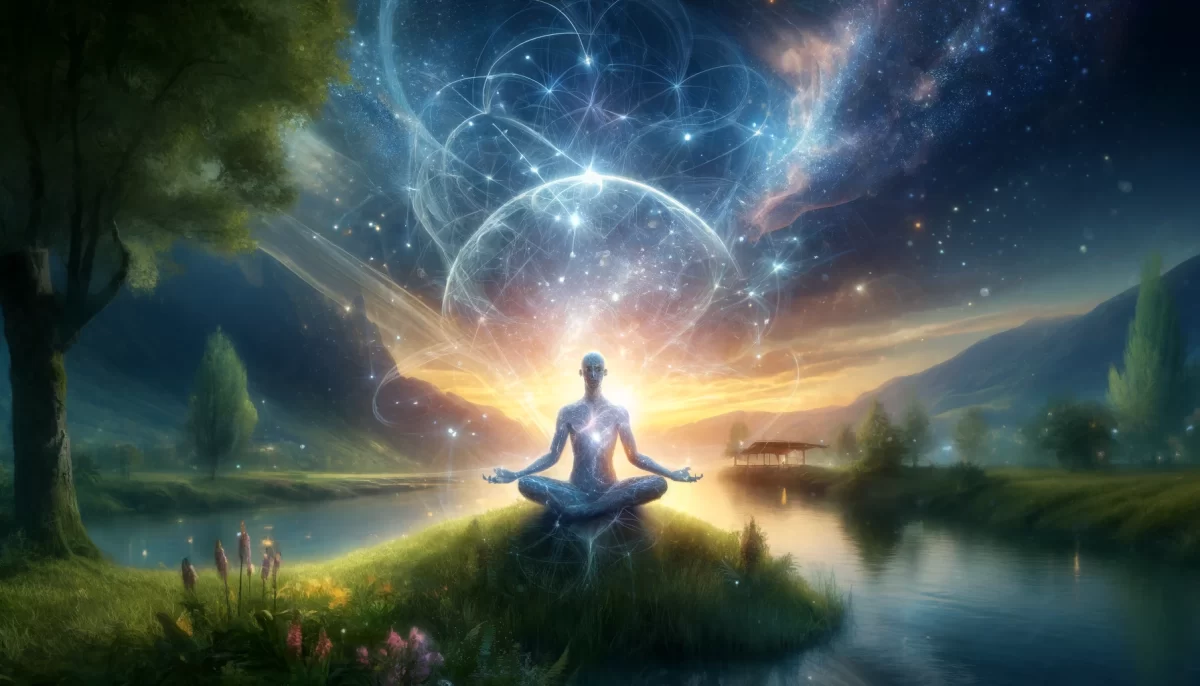
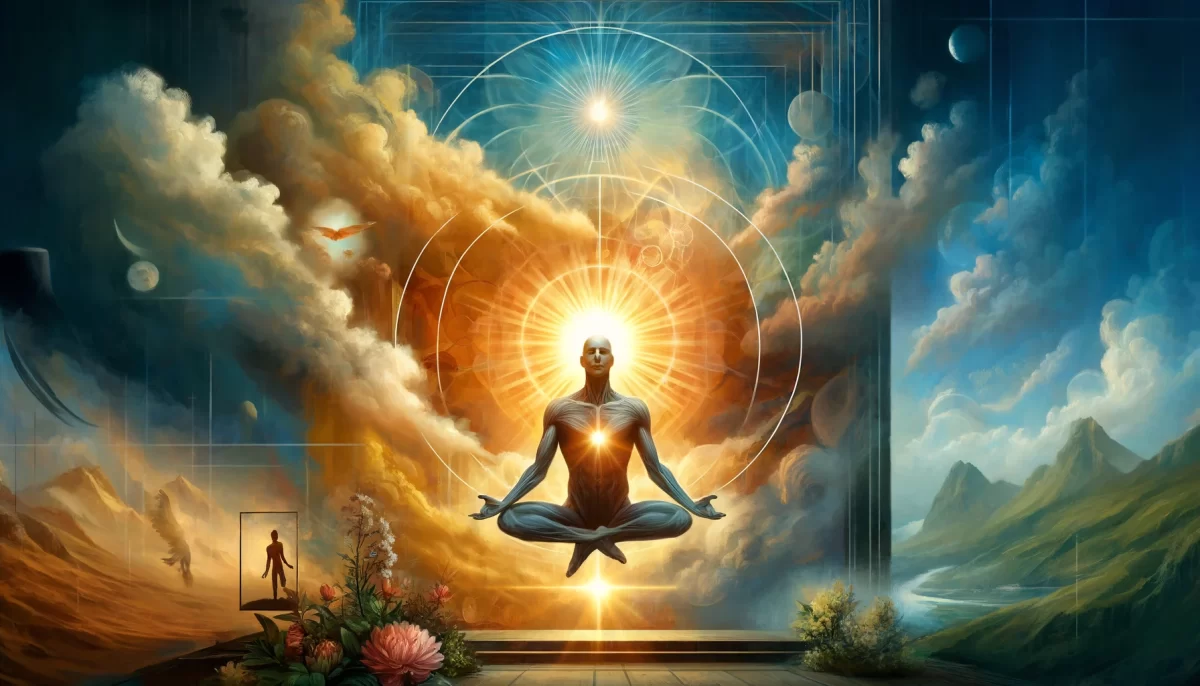
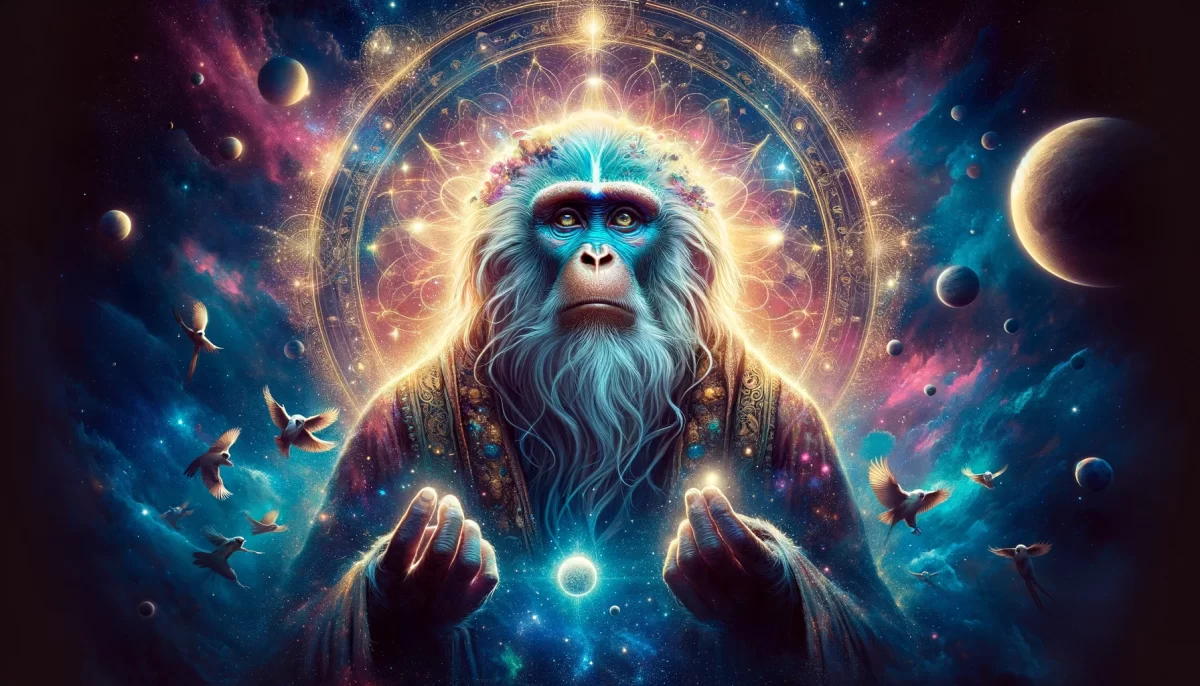
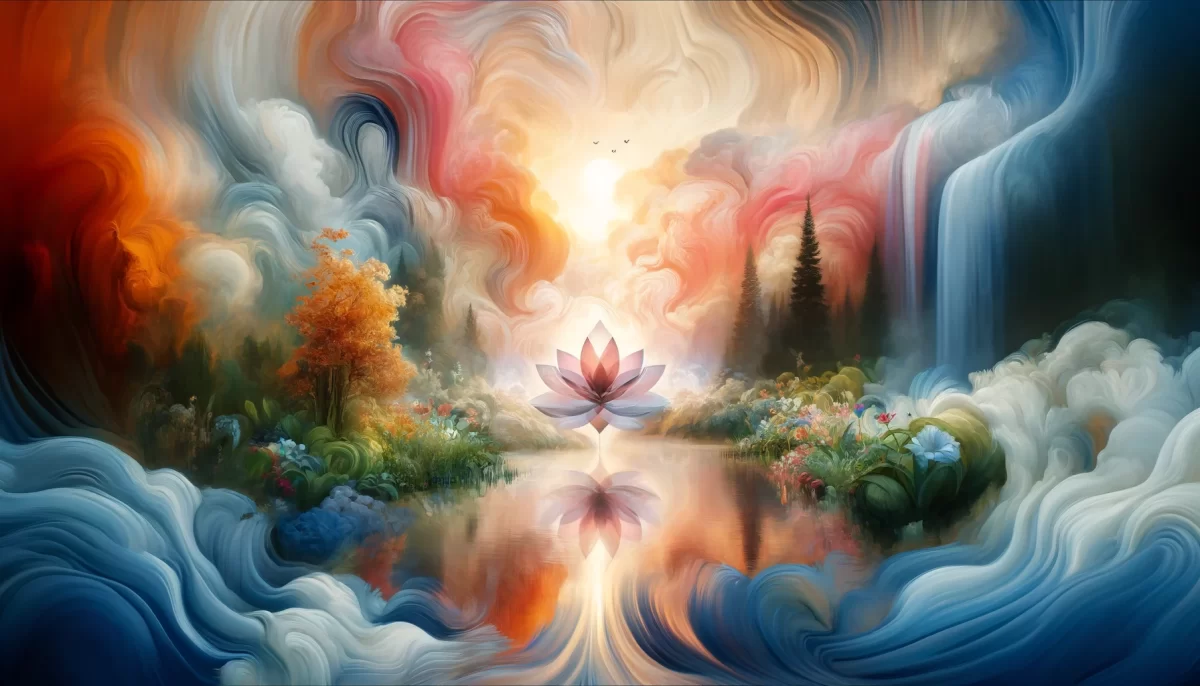
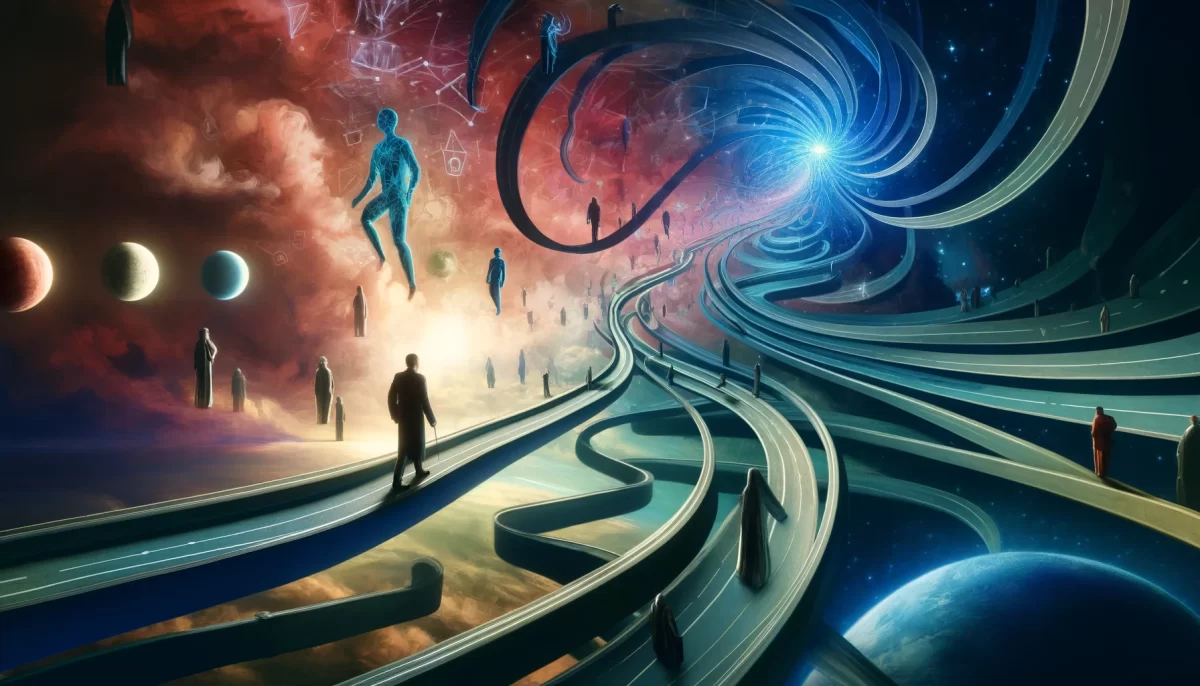
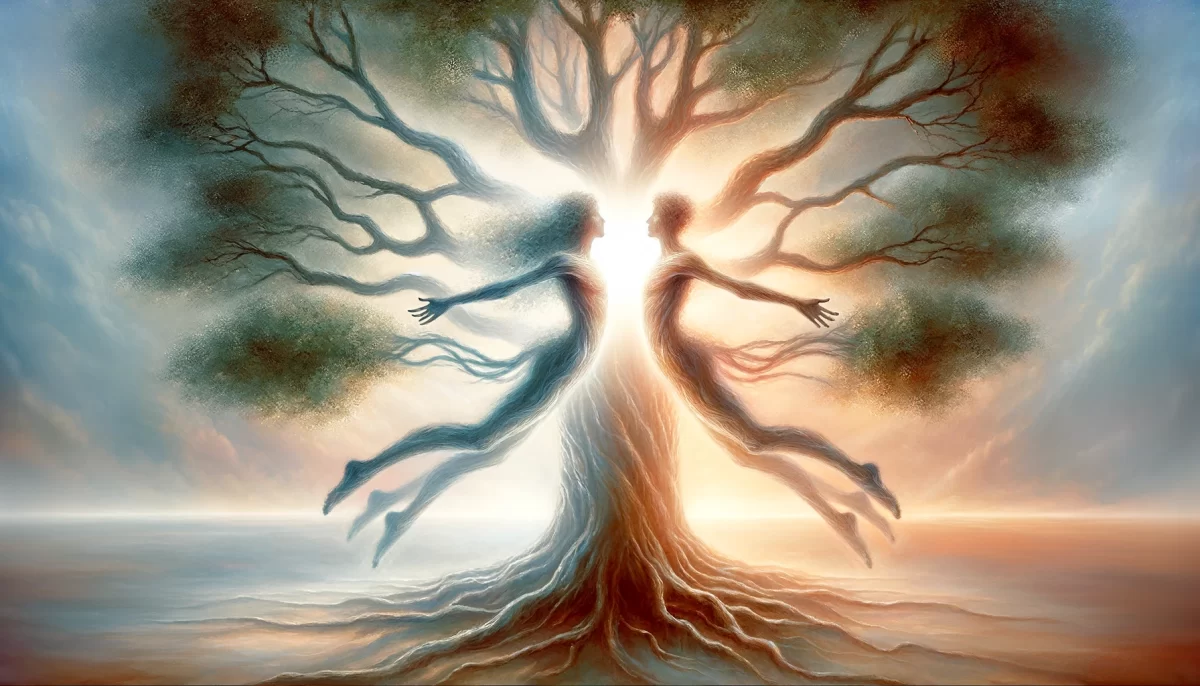
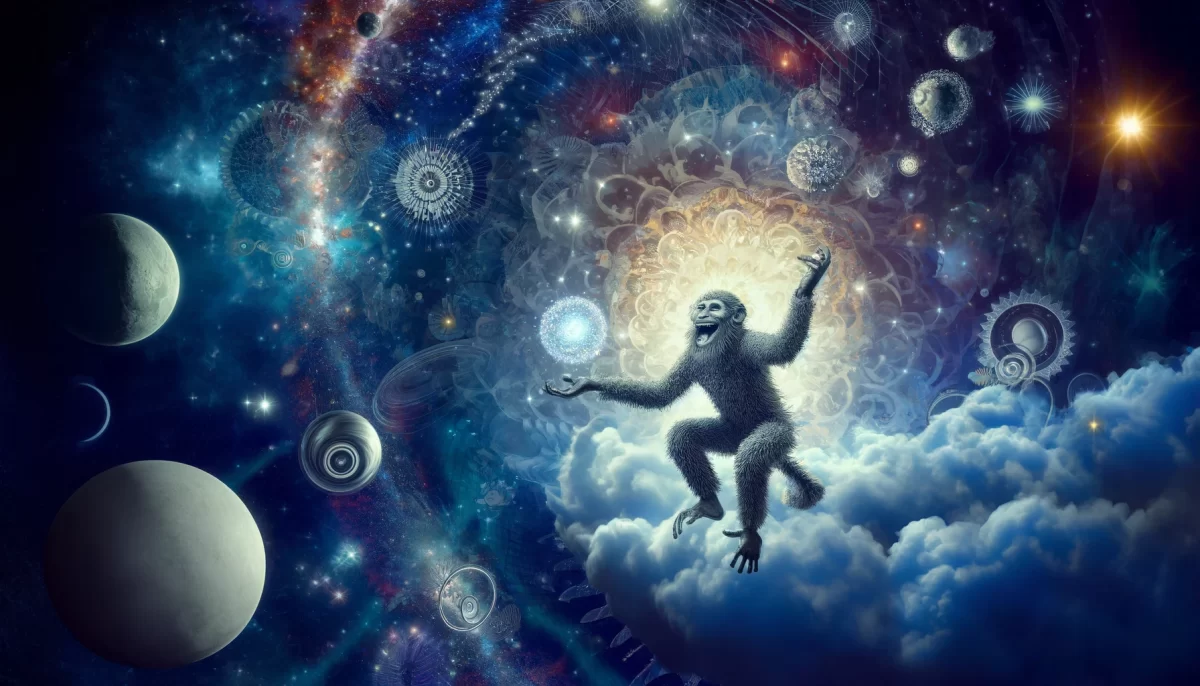
In the realm of sacrifice, we find ourselves,
Bound by the belief that it brings us wealth.
We wear our sufferings, a twisted display,
Comparing our burdens along the way.
Sacrifice, we proclaim, is a noble deed,
A quality we value, above all need.
But is it truly selflessness we seek,
Or a measure of greatness we wish to speak?
Do we shame those who refuse to give,
Or dismiss their choice to truly live?
For sacrifice may not always be the way,
To find fulfillment, joy, or peace each day.
In the illusion of greatness, we may be caught,
Believing sacrifice is what we ought.
But let us question the meaning we find,
And the shackles it places on heart and mind.
On this day, 6/8/2020, let’s redefine,
The concept of sacrifice, and align,
With a deeper understanding, clear and free,
That selflessness lies beyond what we see.
Let us embrace compassion and love’s embrace,
Not through sacrifice, but with grace.
For in nurturing ourselves, we nurture all,
And rise above the illusion’s call.